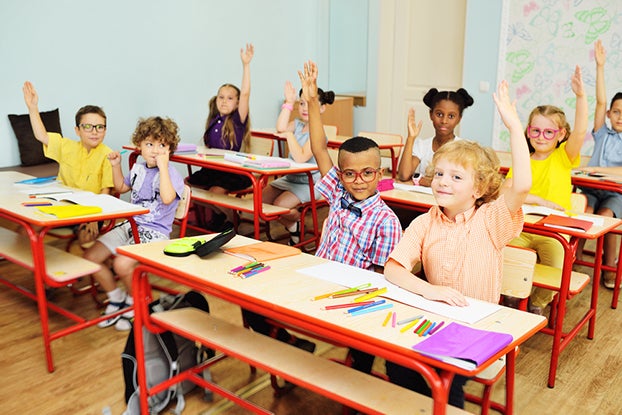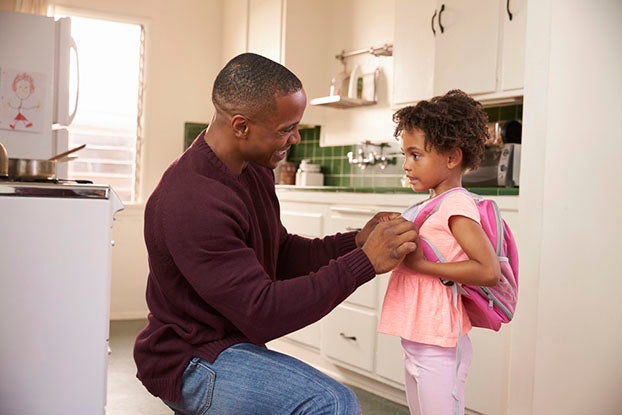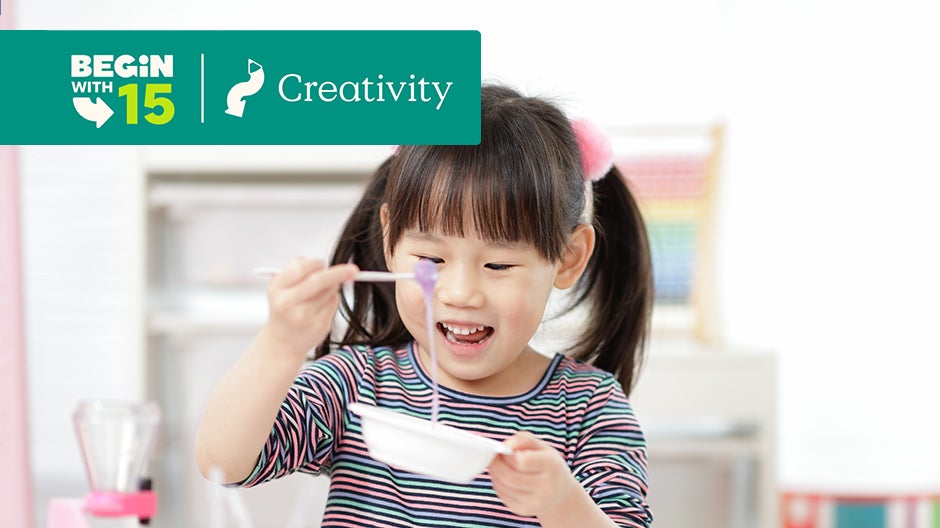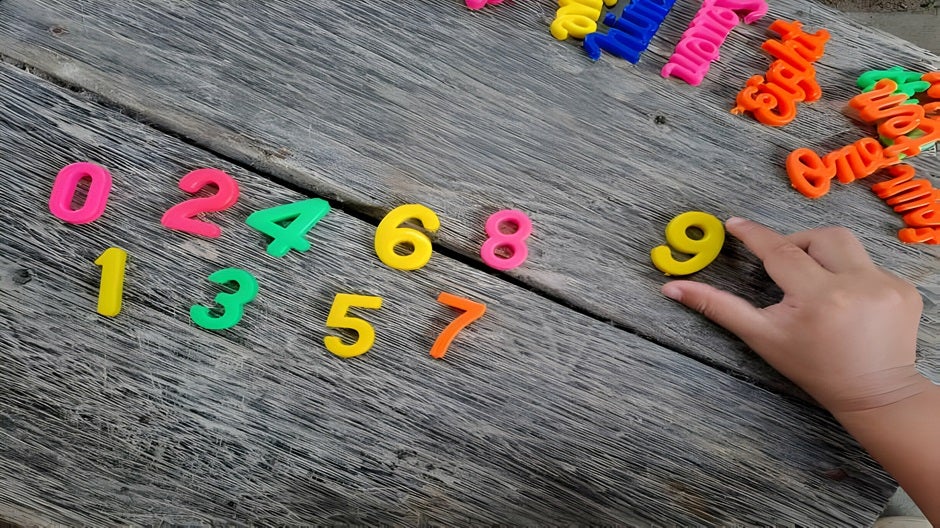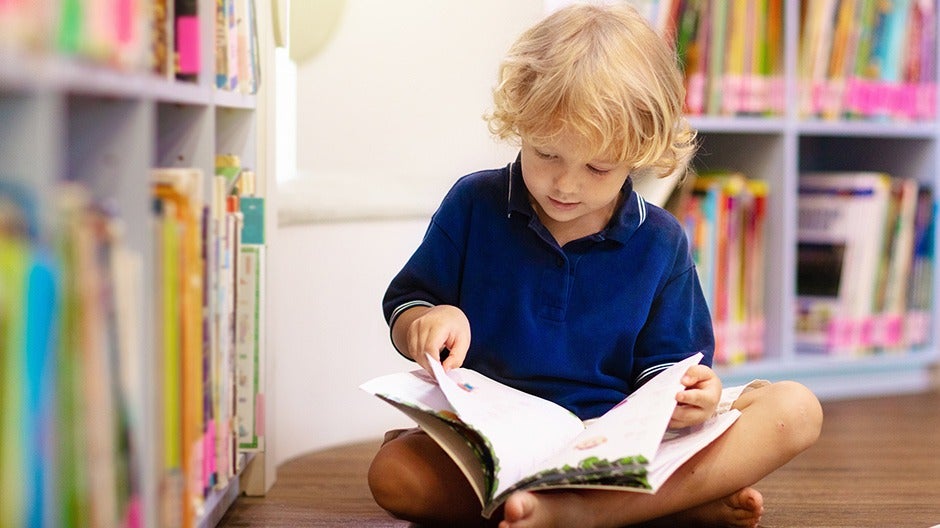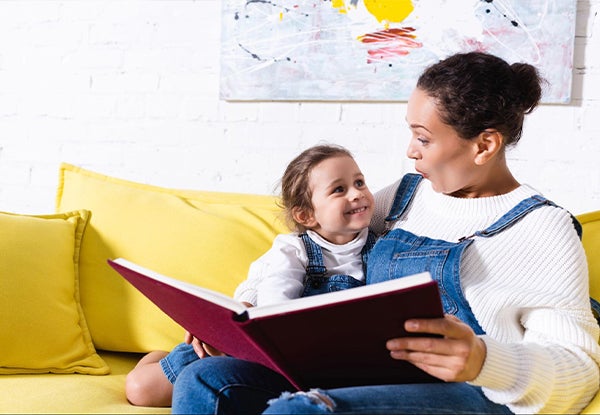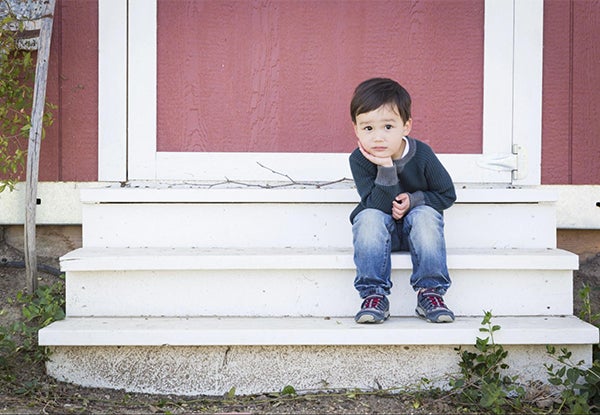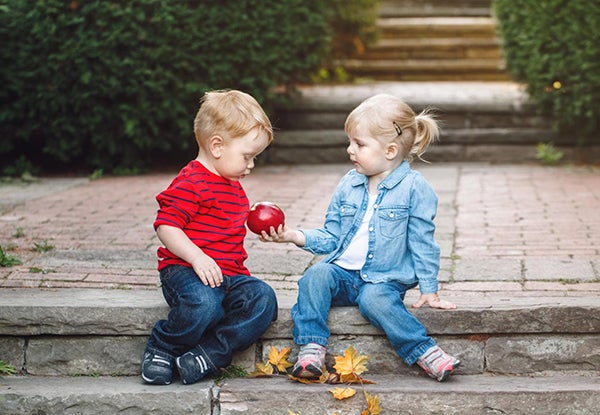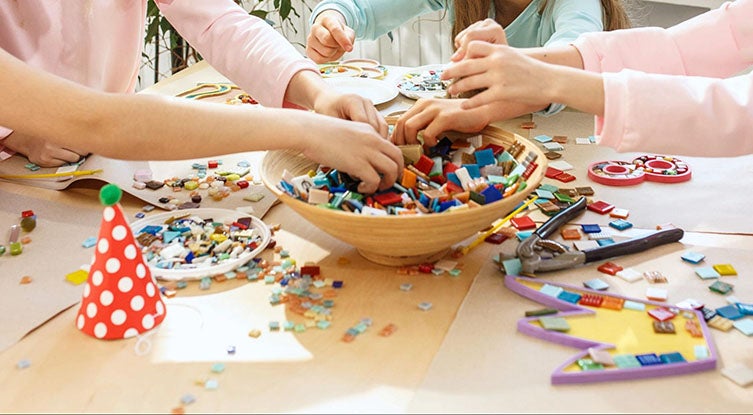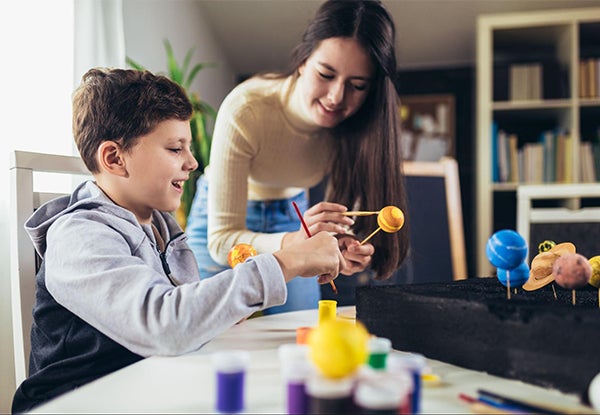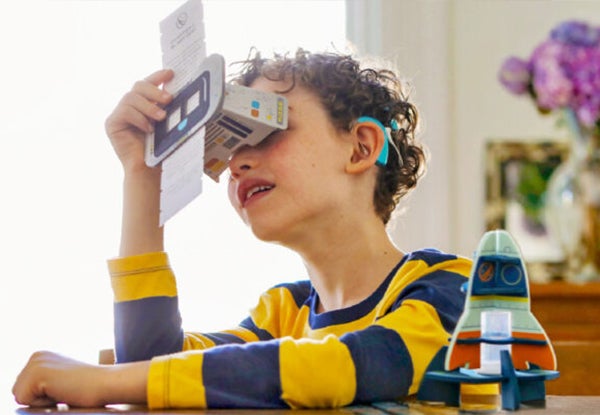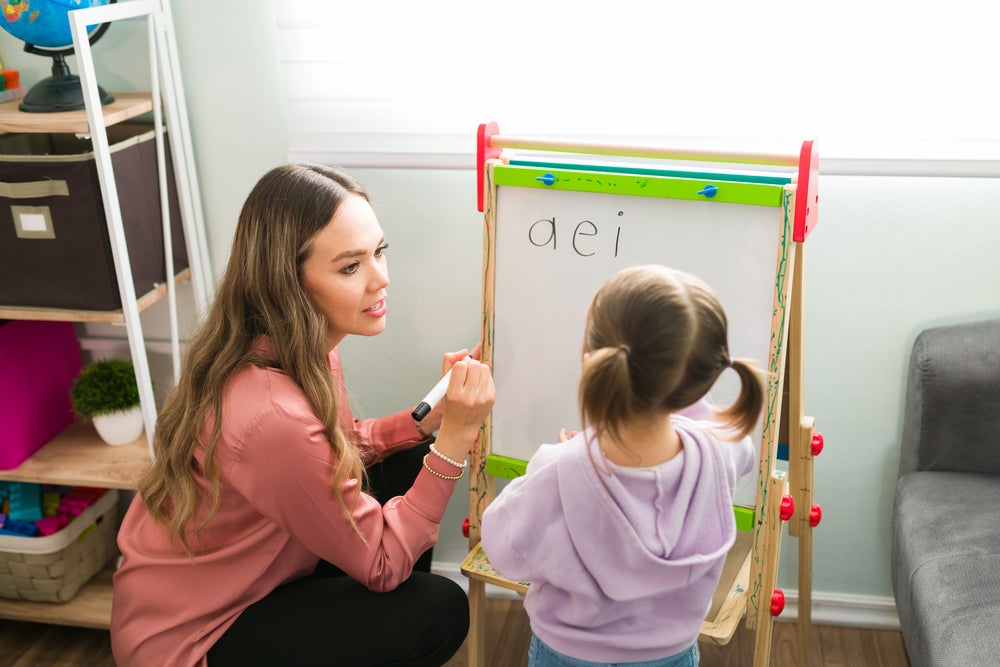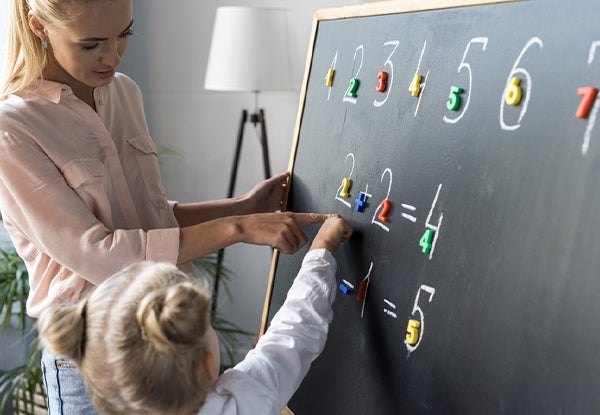Your child is in elementary school, and they’re happy, making friends, and navigating their way through each day. But how do you know if they’re where they should be academically? What should a 2nd grader know by the end of the school year, and how can you help?
In this article, we’ll tell you what your child will learn by the end of 2nd grade and offer tips on identifying any possible gaps and supporting your student.
Table Of Contents
- What a 2nd Grader May Know at the Beginning of the Year
- What a 2nd Grader May Know by the End of the Year
- How To Support Your Child’s Learning
What a 2nd Grader May Know at the Beginning of the Year
Before we dive into what a 2nd grader should know by the end of the year, it’s important to get a handle of how they’re beginning their year and what skills they may already have.
Of course, rising 2nd graders will come to the classroom with different academic strengths, but there are some reading, writing, math, and social-emotional skills that they will be expected to come in with as a foundation from which to grow.
Keep in mind, the specifics may look a little different state-by-state, as each locality has its own curriculum goals and expectations.
Reading and Writing
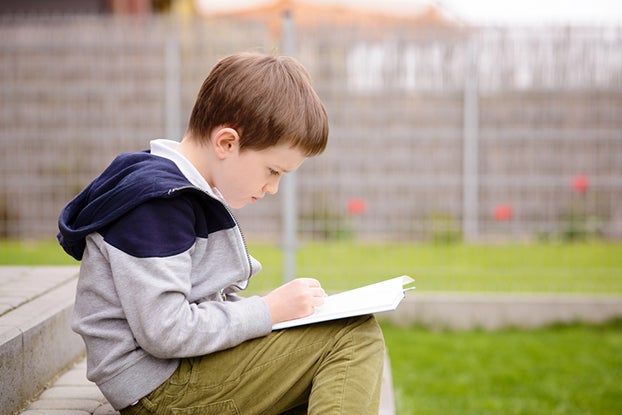
At the beginning of 2nd grade, your child will likely be starting to read, able to discuss and compare short texts, and have a basic understanding of grammar. They may also be able to listen to a passage and answer questions as to who, what, when, where, why, and how.
As for grammar, at the beginning of 2nd grade, many kids can identify nouns, adjectives, and verbs; read and write phonetic words; and write with the correct punctuation.
Math
When your child enters 2nd grade, they’ll probably have a number of mathematical skills under their belt.
First of all, they can understand whole numbers and place value for two-digit numbers, add and subtract numbers up to 20, and skip count to 100 by twos, fives and 10s.
Many 2nd graders also begin the year knowing how to use charts, tables and diagrams; solve mathematical word problems; identify two and three dimensional shapes; measure with a ruler; tell time to the nearest hour; and sort objects by size, shape, color, and function.
Social-Emotional Learning
Your child might not have mastered group dynamics or conflict resolution yet, but they may already be comfortable with many social-emotional skills, including:
- Working independently
- Following routines
- Asking for help from a teacher
- Taking turns
- Paying attention in the classroom.
What a 2nd Grader May Know by the End of the Year
Now that we’ve talked about what many 2nd graders come into the classroom knowing, let’s take a look at what your child will learn by the end of the year.
Reading and Writing
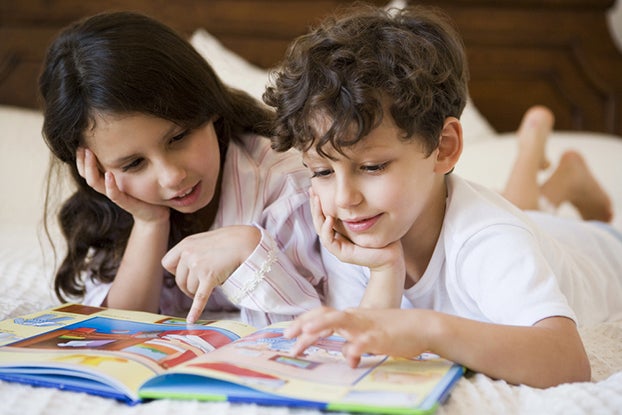
When it comes to reading and writing skills, your child’s 2nd grade experience will be dedicated to expanding their vocabulary and growing their spelling, reading, and writing skills.
By the end of the year, your 2nd grader will have worked on:
- Using more complex vocabulary words
- Spelling more complicated words
- Reading more challenging books
- Exhibiting greater reading comprehension skills
- Summarizing texts
- Comparing texts and identifying the main idea
- Understanding the use of detail in a story
- Reading aloud expressively
- Writing texts with a beginning, middle, and end
- Editing and revising written work
- Writing letters to family and friends
Math
Throughout the 2nd grade, math has gotten more complex. By the end of the year, your 2nd grader will likely learn to add and subtract bigger numbers, begin multiplication, and even learn how to do simple mental math.
Here are some other skills they might master by the time they finish 2nd grade:
- Starting to practice abstract mathematical thinking skills
- Understanding place value with three-digit numbers
- Counting to 1,000
- Using mental math strategies for adding and subtracting numbers one to 20
- Reading and writing large numbers
- Adding and subtracting one and two-digit numbers up to 100
- Understanding the basics of multiplication
- Measuring with inches, feet, centimeters, and meters
- Completing money-math problems
- Understanding the concept of fractions
- Telling time to the nearest five minutes
Social-Emotional Learning
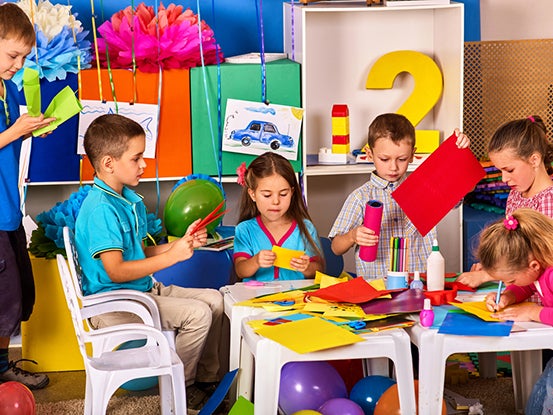
Of course, alongside academic learning comes the very important social-emotional skills your child is gaining throughout the year.
By the end of 2nd grade, most kids are able to manage their peer relationships, accept responsibility when things go wrong, and have a stronger sense of themselves.
You might also notice your child:
- Developing self-confidence
- Showing respect toward others
- Setting and tracking goals
- Explaining their feelings
- Exhibiting empathy
- Managing impulses and emotions
- Resolving conflicts with peers
- Communicating effectively
- Cooperating
- Concentrating for 20 to 30 minutes at a time
Although 2nd graders are doing much of their learning at school, it can be helpful to reinforce both academic and social-emotional skills at home. HOMER by Begin is a fun and interactive way for kids to practice the new skills they’re working on at school.
Our Growing Learners programs for ages six and up help students with everything from improving their reading fluency and vocabulary to learning place value, addition, subtraction, and multiplication.
How To Support Your Child’s Learning
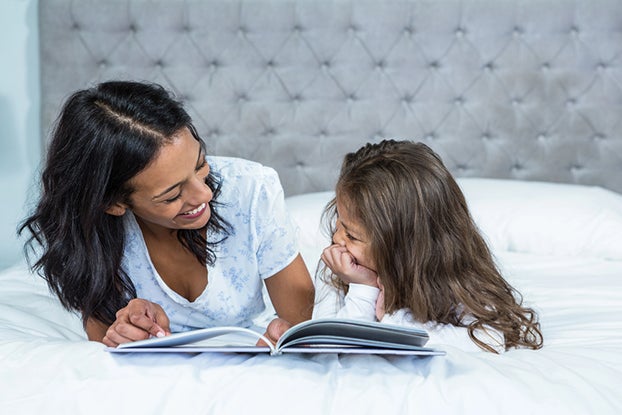
Remember all children develop differently, and there may be areas in which your child excels and other areas where they struggle. Some skills come more easily, and some take a lot of work. That’s perfectly OK!
If you see a gap between what a 2nd grader should know and what your child has mastered in 2nd grade, follow the tips below to give your child the support they need.
Don’t Panic
First of all, just because your child hasn’t yet mastered a skill doesn’t mean it’s time to panic. Your child will feed off your energy, and you could make them anxious.
Instead, accept the challenge and work with your child and a teacher or other professional to make a plan to address it.
Talk to the Teacher
Your child’s teacher is the frontline in addressing gaps in your child’s understanding. Ask them for strategies and ways you can support your young learning at home.
Choose Only a Few Growth Areas at a Time
You don’t want to bite off too much at once. Choose a few areas of growth at a time with your child’s teacher. They’ll be best able to assess what areas will be the most crucial at any given time.
Then make a strategy together on materials and activities that will help hone those skills.
Begin’s activity packs are one way you can help your child work on different skills through play. For instance, our HOMER app includes games and activities to challenge your child in reading, math, social and emotional learning, thinking, and creativity.
Personalized to your child’s age, interests, and skill level, our app has proven results. In one study conducted in seven Head Start Classrooms, the Homer app boosted children’s early reading scores by 74%.
In addition to online learning, we offer plenty of hands-on fun, too! Our Science Junior Subscription Boxes offer learning with activities, puzzles, and stories, honing your child’s skills in an entertaining and engaging way each and every month.
Track Your Child’s Progress
It’s important to keep up with the progress your child is making. This can help them feel proud of what they’ve accomplished, boosting their confidence and making them eager to learn.
Tracking progress may be as easy as keeping an observational journal, or it may involve additional check-ins with your child’s teacher or even an outside professional.
Foster a Love for Learning
The most important thing to do to help your child succeed is to foster their love for learning. Your child should feel challenged enough to grow, but not challenged so much that they lose their confidence or get overwhelmed with frustration.
Work with your child’s teacher to find new ways to make learning fun. It’s a lot easier to get your little one to the table if activities are engaging and exciting as well as educational!
Make Learning Fun With Begin!
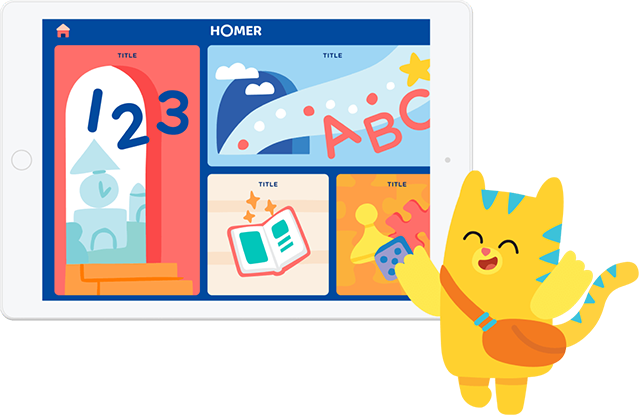
Now that you have a better understanding of what a 2nd grader should know by the end of the year, you can help your child get there. But, remember, every child learns and grows differently, and that’s A-OK!
Let Begin be another partner in your child’s learning. Whether you want hands-on fun with our Little Passports Monthly Subscription Boxes or playful learning exercises online with our HOMER app, you’ll find something just right for your child.
Give your child the best educational start, and let the fun Begin!
